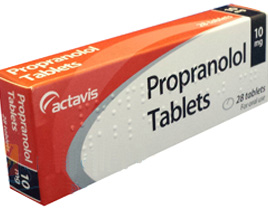Heart Disease
Medications for heart diseases represent an essential category in the management of conditions involving the heart and circulatory system. These medications are designed to treat a wide range of cardiac disorders, including hypertension, heart failure, angina pectoris, and cardiac arrhythmias. Therapeutic options include beta-blockers to reduce heart rate and blood pressure, diuretics to reduce fluid retention, angiotensin-converting enzyme (ACE) inhibitors to dilate blood vessels and improve blood flow, and antiarrhythmics to stabilize heart rhythm.
The practical use of medications for heart diseases requires strict adherence to medical prescriptions and regular monitoring of vital parameters such as blood pressure and heart rate. It is essential for patients to understand why they are taking certain medications, their dosage, and possible side effects. Additionally, following a healthy lifestyle, including a balanced diet, regular physical exercise, and abstaining from smoking, is crucial to maximize the effectiveness of medications and reduce the risk of cardiovascular complications.
The management of heart diseases requires close collaboration between the patient and the treating physician, with regular monitoring of cardiac health and therapeutic adjustments based on individual needs. With appropriate therapy and a healthy lifestyle, it is possible to effectively manage heart diseases and improve the overall quality of life for the patient.
Showing all 3 results
-
Heart Disease
Propranolol
-
Heart Disease
Albendazole
-
Heart Disease
Aldactone
